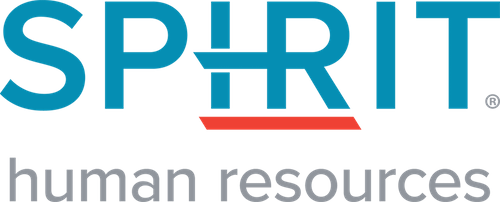Youth Labor Standards

Ages Under 14:
Youths under the age of 14 may not be employed in non-agricultural occupations covered by the FLSA. Permissible employment for under 14 year-olds is limited to work exempt from FLSA rules. This includes, delivering newspapers to consumers, acting, completing minor chores around private homes and casual baby-sitting.
Ages Under 16 years old:
Youths under the age of 16, specifically 14 & 15 years old, have the following rules:
When School is not in session. Work 8 hours a day. No more than 40 hours a week. No more than 6 days a week.
When School is in session. 3 hours on school days. 8 hours on week-end days. No more than 18 hours a week.
Nightwork. Not permitted between the hours of 7 PM. (June 1 through Labor Day- 9 PM) and 7 AM.
Ages 16 & 17:
The federal standards do not restrict the hours for 16 & 17 year-olds. It is important to mention states have certain standards for youth labor. A chart with information for each state can be found on the DOL site.
Occupational Restrictions for Youth:
There are restrictions for occupations allowed to employee youths under the age of 18. Hazardous and/or dangerous occupations are banned. A list of restricted occupations plus other information can be found in Federal Fact Sheet for Child Labor Provisions. The fact sheet also gives a list of jobs 14 and 15 year-olds may hold. They are mostly office jobs and retail and food service establishments with limited duties as listed.
Keeping summer help on during the year ensures that you have your staff ready to go next summer without having to rehire and retrain. So, go ahead and keep those summer employees on during the year, just make sure you adhere to these youth labor standards. Have questions? We are here to help!
Latest Blogs from Spirit HR
Your Quick Guide to E-Verify
The federal E-Verify program has been around in some form since 1996, and it’s only getting bigger. With Florida joining the program earlier this year, around half of all states now require E-Verify participation in some way. Enrolling in the program isn’t difficult,...
3 Reasons to Outsource Your HR
Navigating the complexities of HR management can be a daunting task for businesses, especially when streamlining operations and optimizing costs are crucial for success. Outsourcing your HR functions can be a game-changer, providing the breathing room you need as a...
3 Steps to Improve Health and Safety Compliance in Your Workplace
Health and safety are two terms that can seem tedious concerning the workplace, but ignoring them and the standards they entail could result in injury, illness or even death. Prevention and preparation are integral to a safe, happy and compliant organization. Here are...
